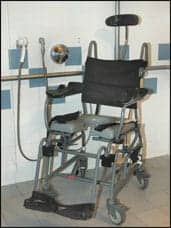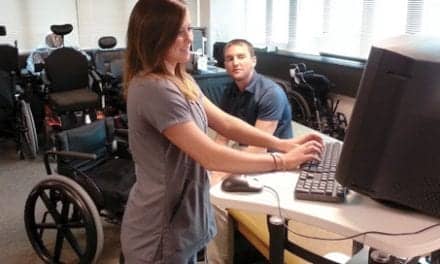The results of a new study about how the spinal cord learns to perform motor tasks suggest that the spinal cord learns on its own, independent from the brain.
These results, published in the Open Access journal PLOS Biology, may offer physicians new rehabilitation opportunities after spinal cord injury, per a press release from PLOS.
Learning a complex motor task provokes changes in the brain, and these changes can be monitored using functional magnetic resonance imaging (fMRI), the release explains. During the learning process, sensory information and motor commands pass through the spinal cord.
However, since performing fMRI on the brain and spinal cord simultaneously has been challenging, it has been difficult to determine whether changes in the spinal cord during the motor skills learning process depend entirely on signals from the brain or occur independently, the release explains.
In their study, researchers from the University of Montreal in Quebec overcame this barrier, per the release, by taking advantage of the fact that the 3.0T MRI scanner has a field of view long enough to image the brain and the cervical spinal cord, which relays signals to and from the hand muscles.
Using the 3.0T MRI scanner on subjects performing a complex finger-tapping task, the authors suggest that learning-related changes in blood flow in the spinal cord were independent of changes in blood flow in the brain regions involved in the task, the release explains.
The study results suggest, per the release, that the spinal cord might play an active role in the very earliest stages of motor learning.
Future studies will be needed to confirm that the changes seen in the spinal cord persist over time and generalize to other stages of learning and other forms of motor skills, the release continues.
[Source(s): PLOS, Science Daily]





